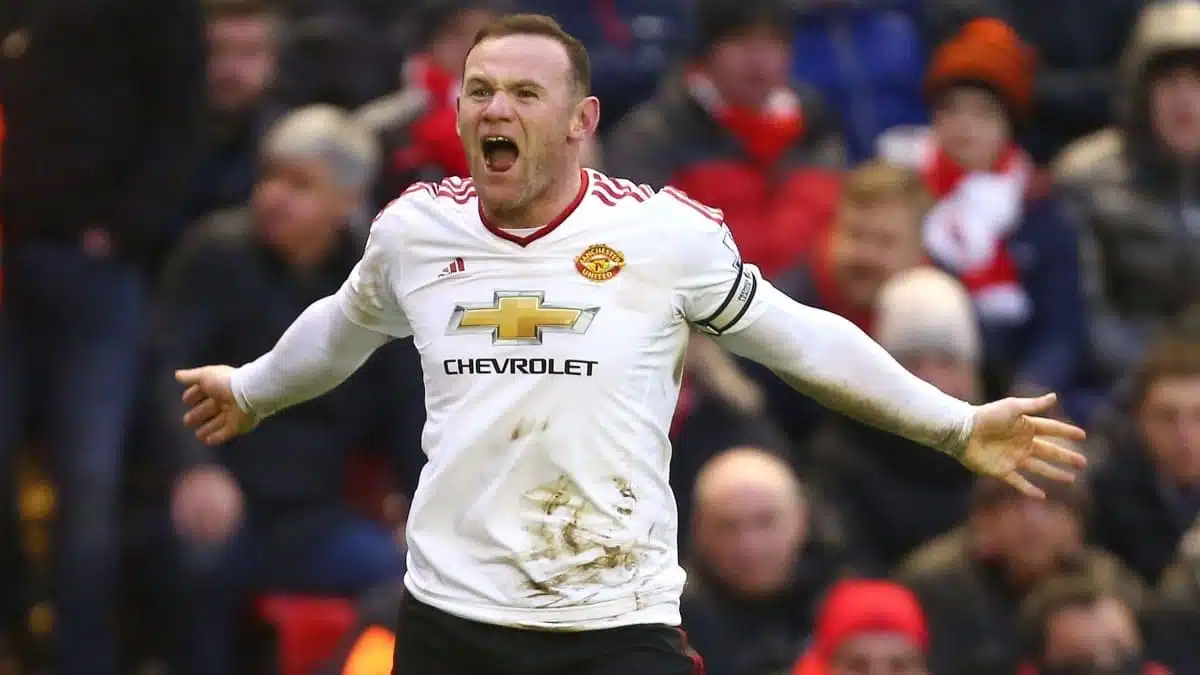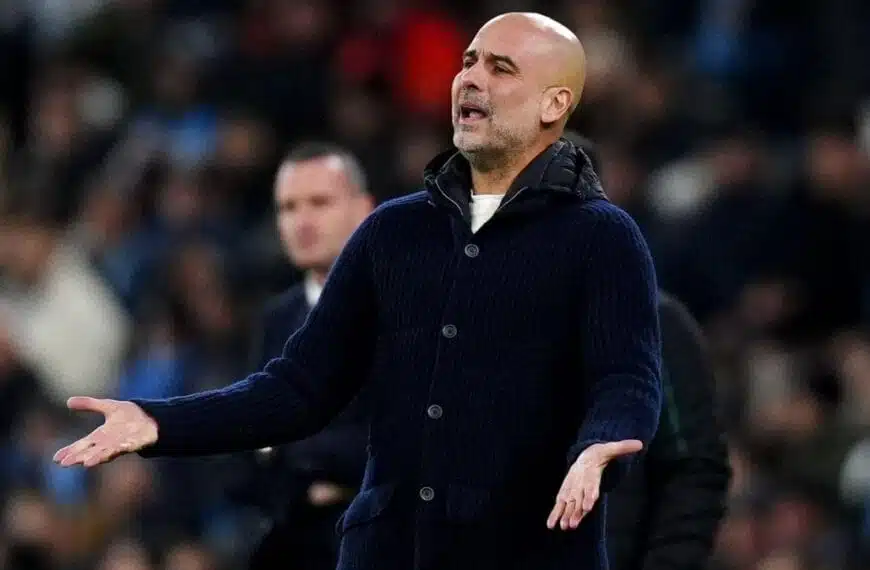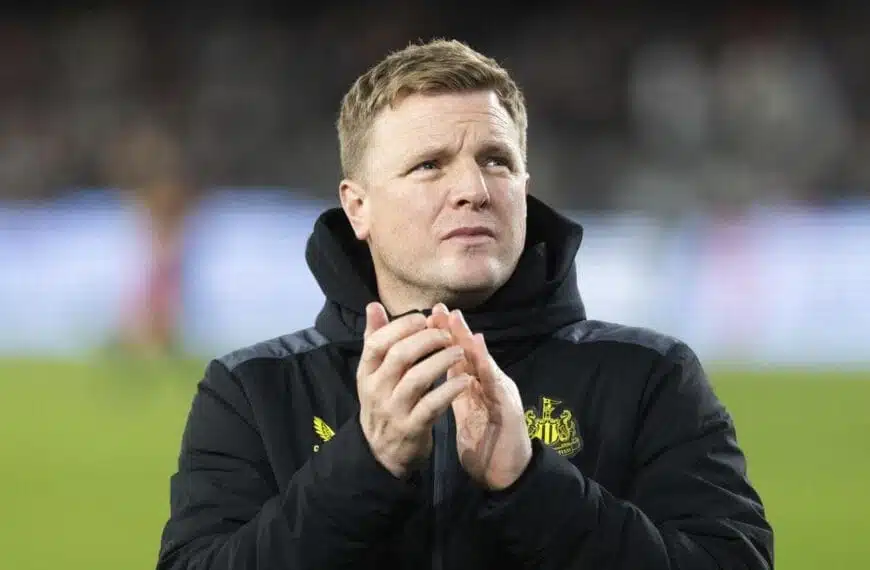It’s been nearly a decade since Manchester United last tasted victory against Liverpool at Anfield.
Their 1-0 triumph in January 2016 marked the club’s most recent success on the home turf of their fiercest rivals Liverpool and it has been a painful trip ever since.
As we approach another huge clash between these two historic clubs, why not take a look back at what the world looked like during that time nine years ago?
From global politics to some of football’s biggest shocks, much has changed since Wayne Rooney’s goal secured that crucial win for the Red Devils.
So sit back, relax, and enjoy a trip down memory lane.
📰 Table Of Contents
UK still in the European Union
Back in January 2016, the United Kingdom was still a member of the European Union.
Brexit was a heated political debate, but it hadn’t yet reached its dramatic turning point.
Then-Prime Minister David Cameron had promised a referendum on EU membership, which was scheduled for June of that year.
The UK has voted to leave the EU, all the votes are in https://t.co/m92qRMPV6H #Brexit pic.twitter.com/J5Y0l8h61h
— BBC Breaking News (@BBCBreaking) June 24, 2016
The political climate was dominated by discussions about sovereignty, immigration, and economic ties with Europe, but few could have predicted the narrow 52%-48% vote to leave that would occur just six months later.
At the time of Manchester United’s last win at Anfield, no one knew how divisive Brexit would become or how long and complicated the withdrawal process would be.
The UK officially left the EU on January 31, 2020, setting in motion a new era of political and economic uncertainty.
Donald Trump’s Presidential run
Across the Atlantic, the political landscape was no less turbulent.
In January 2016, Donald Trump was in the midst of his first campaign for the Presidency of the United States.
His fiery rhetoric and unorthodox style had made him a controversial figure, but few believed he would actually secure the Republican nomination – let alone win the presidency.
At the time, the Democratic race was also heating up, with Hillary Clinton and Bernie Sanders battling for their party’s nomination.
Trump’s campaign rallies dominated headlines, with his “Make America Great Again” slogan gaining traction among voters dissatisfied with the status quo.
BREAKING: Billionaire businessman Donald J. Trump takes oath of office, becoming 45th President of the United States https://t.co/ySV4w1Dx1b pic.twitter.com/Z8cWWSG5f2
— CNBC (@CNBC) January 20, 2017
By November 2016, Trump would stun the world by defeating Clinton in the general election, reshaping US politics and global relations for years to come.
Seven years later, he is set to take office again after tearing down Kamala Harris’ campaign.
Leicester’s 5000/1 run
While Manchester United’s win at Anfield was significant for the Red Devils at the time, the biggest footballing story of that season was Leicester’s astonishing run toward the Premier League title.
In January 2016, Claudio Ranieri’s underdog side were defying 5000/1 odds, sitting at the top of the table and leaving traditional powerhouses like Arsenal, Manchester City, and Chelsea in their wake.
Leicester’s success was built on the brilliance of Jamie Vardy, Riyad Mahrez, and N’Golo Kante, along with a well-drilled defence led by captain Wes Morgan.
By May, the Foxes would complete their fairytale, lifting the Premier League trophy in one of the most improbable achievements in football history.
Their triumph symbolised hope for smaller clubs in the years to come and proved that hard work could overcome financial disparity.
WE DID IT!
Leicester City are the @premierleague Champions!https://t.co/cpEtWjv3kU#havingaparty pic.twitter.com/H0uLZHn7cu
— Leicester City (@LCFC) May 2, 2016
Roy Hodgson’s Three Lions
In early 2016, Roy Hodgson was at the helm of the England national team, preparing for the Euros in France that summer.
Hodgson’s tenure had been a mixed bag, with highs such as a perfect qualifying campaign for Euro 2016, where England won all 10 of their matches, and lows like the disappointing group-stage exit at the 2014 World Cup in Brazil.
However, the optimism surrounding England’s young and talented squad would soon fade.
At Euro 2016, England suffered one of their most humiliating defeats, losing 2-1 to Iceland in the Round of 16.
Hodgson resigned immediately after the game, marking the end of his tenure.
Gareth Southgate would later take over, leading England to a resurgence in the years that followed.
FT:#ENG 1-2 #ISL
Iceland advance to #EURO2016 quarter-finals, will face hosts #FRAhttps://t.co/OccbGNVVju pic.twitter.com/TUAhJ8GxPE— FIFA (@FIFAcom) June 27, 2016
COVID-19 and football behind closed doors
Fast forward three years after Manchester United’s Anfield win, and the world faced a crisis of unimaginable proportions.
The COVID-19 pandemic, which began in late 2019, brought life to a standstill in 2020.
For football, this meant empty stadiums, postponed matches, and a new normal of games played behind closed doors.
The absence of fans at stadiums profoundly affected the game’s atmosphere.
Anfield, renowned for its electric environment, felt eerily quiet during this period, even when the Reds won their maiden Premier League title.
Players had to adapt to competing in near silence, with only the echoes of their shouts and the thud of the ball breaking the stillness.
While the game persisted, the soul of football – the fans – was sorely missed until stadiums reopened in 2021.
AT LONG LAST! 👑
Liverpool are PREMIER LEAGUE CHAMPIONS 🏆 pic.twitter.com/VvurVlGUuT
— NBC Sports Soccer (@NBCSportsSoccer) June 25, 2020
Time to end the streak?
As United prepare to take on Liverpool again, fans will reflect on how much has changed since that January afternoon in 2016.
Football, like the world, never stands still, and this Sunday’s clash will add another chapter to the storied rivalry between these two iconic clubs.
New Red Devils coach Ruben Amorim will be hoping to put himself in the history books by picking up a rare win on Merseyside.
Meanwhile, Arne Slot will back his high-flying Liverpool team to continue their title charge.
Either way, the North West derby is always great value, and this clash should be no different.












